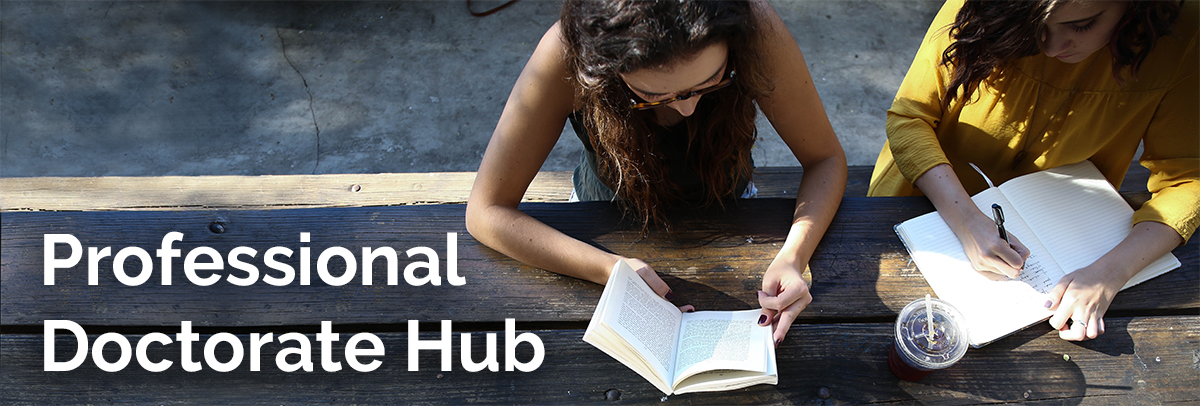Relationships with supervisors
What others said:
Sometimes you hit a wall and you need to say to someone ‘what is going on with me, am I on the right lines here?’ You just need someone else to look at it … quite a few times I have sent [my supervisors] an email with just a few questions, just to clarify my thoughts, and that has been fine.
I would compare them to mentoring … showing you the way, making suggestions but not trying to tell you what you should do. Being available to advise you when you are not quite sure what is supposed to happen.
One of the best things that my main supervisor did was to understand that I needed to be left alone and to work largely independently.
Points for you to consider:
- What do you most want from your relationship with your supervisors in the next year? Have you discussed this with them?
- Which aspects of your contact with your supervisors work best for you?
- Have you let your supervisors know how you would prefer them to interact with you?
Support from other students
What others said:
We can talk as a group on our cohort forum and that is very useful. I think sometimes when you hit a bit of a wall and you can talk to other people in the same boat as you that is really helpful because that is our classroom if you like, or our common room.
It was great to meet up with the other students on the programme … many students made friends with others and became ‘study buddies’.
Points for you to consider:
- Have you taken advantage of the support available from other students?
- Have you been able to support others with their studies?
- Is there anything you might do differently about this area in the next year?
Engaging with work colleagues about research
What others said:
I wonder whether I shouldn’t have started by finding out what the perception of the staff was and then tried to build on that perception through using research rather than saying ‘this is the problem’. I should have asked them perhaps what they saw as the problem.
Teachers initially were a little bit reluctant to be part of the research. … They suddenly started to panic ‘oh my goodness, she is going to come into class, is she going to start questioning what we do, how we do it, the mistakes we accidentally make etc. etc.’ … that sort of passed when they realised that wasn’t my intention at all, my intention was to make our job easier for us and at the same time a better learning experience for the students.
My work colleagues weren’t particularly interested in what I was doing despite several offers. … The one big support that I got was from my head teacher and if I needed to go out of school [to collect data] he would let me, we would find ways round it and I occasionally said ‘look, I don’t mind not being paid for the day but can I go to such-and-such a place?’
Points for you to consider:
- How much have you explained to your work colleagues about the impact (if any) your research might have on them?
- Is there more you could do to help them see the potential benefit of your research?
The impact EdD study had at home
What others said:
I have to admit that I did get far too into my EdD and became quite antisocial at home, until I was told.
My [partner] has always been fantastic so that is OK. My sisters are a little bit ... well we will talk about that for a moment and then we will go on to something else. I think they have found it quite hard, difficult to deal with.
Points for you to consider:
- How would you describe your work-research-life balance?
- What might you or others do in the next year to try to improve the balance?
- Do you take as much interest in what others are doing as they take in your research?
This section has been about ‘building supportive relationships’. Before moving on, have a final look at the actions you have added to your Researching Professional Development Plan as a result of working through this section. Will your planned actions help you move forward over the coming year? Will they help you in your work as a researcher? Are there any other actions that you feel might help you?
Return to the Researching Professional Development Framework.

This piece of content is part of the 'Professional Doctorate Hub', a collection of academic-led info, from articles and infographics to animations. Click on the banner above or CLICK HERE to view all materials.
Explore Postgraduate Qualifications at The OU:
-

Professional Doctorates (EdD/DHSC)
Learn more to access more details of Professional Doctorates (EdD/DHSC) -

Professional Doctorate in Health and Social Care (DHSC)
Learn more to access more details of Professional Doctorate in Health and Social Care (DHSC) -

Learn more about studying at Postgraduate level:
-

Succeeding in postgraduate study
Learn more to access more details of Succeeding in postgraduate studyThis free course, Succeeding in postgraduate study, will help you to become familiar with the requirements and demands of postgraduate study and to develop the skills and confidence to pursue your learning further.
-

Are you ready for postgraduate study?
Learn more to access more details of Are you ready for postgraduate study?This free course, Are you ready for postgraduate study, will help you to become familiar with the requirements and demands of postgraduate study and ensure you are ready to develop the skills and confidence to pursue your learning further.
Rate and Review
Rate this article
Review this article
Log into OpenLearn to leave reviews and join in the conversation.
Article reviews